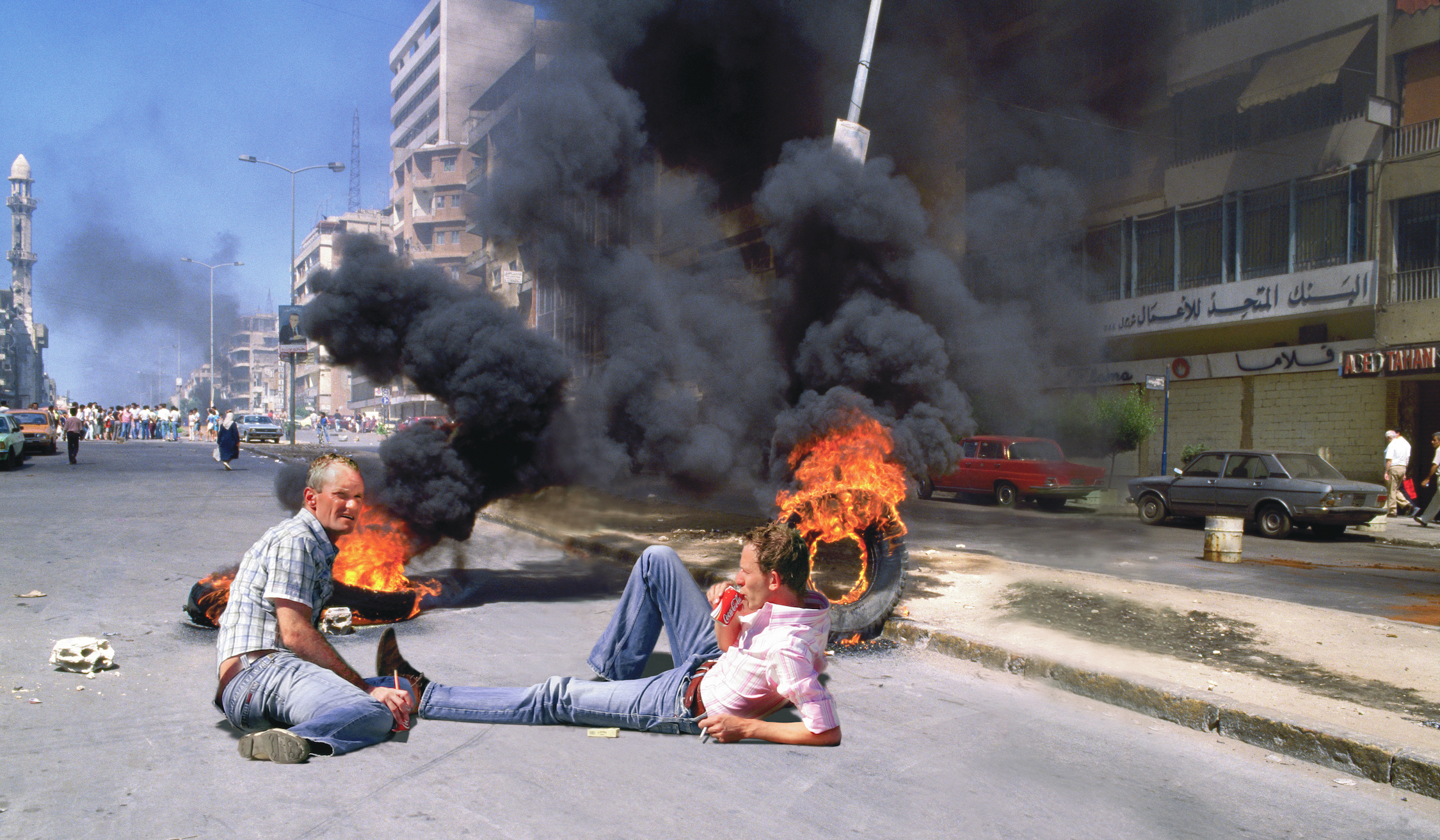Untitled #4, from the series Parallel Universes, 2006 © Randa Mirza. Courtesy Tanit Gallery. On show in the exhibition Beirutopia. All images courtesy the artists and Les Rencontres de la Photographie d’Arles
The most respected photofestival in the world continues to seek out new voices, says director Christoph Wiesner
“A festival is a perpetual work in counter-relief: Beneath the Surface – the title of this 55th edition – is in search of multiple voice(s) and alternative stories,” says Christoph Wiesner, director of Les Rencontres de la Photographie d’Arles. “The festival has always defined itself as a ‘revealer’; in this sense, it remains so in its DNA.”
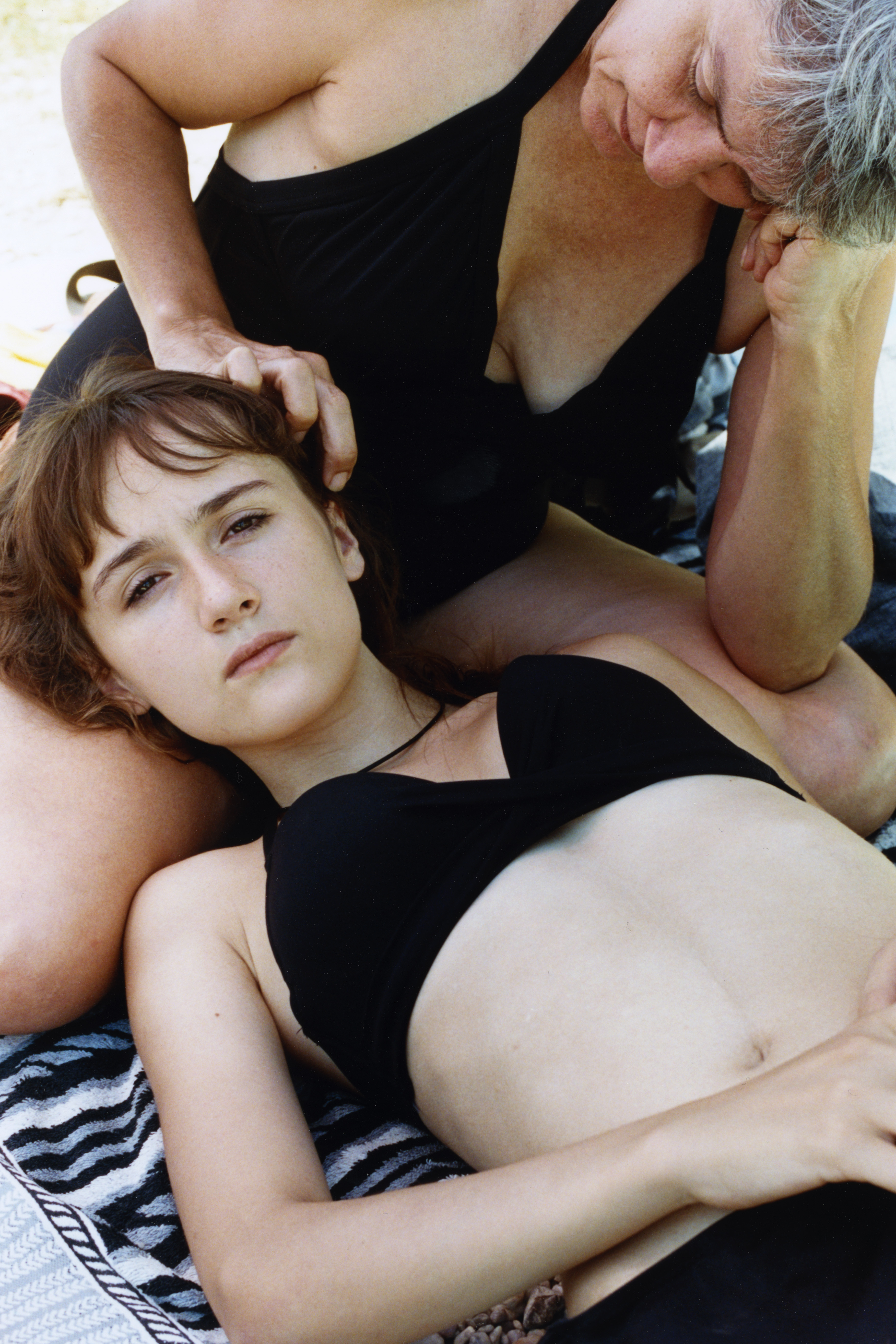
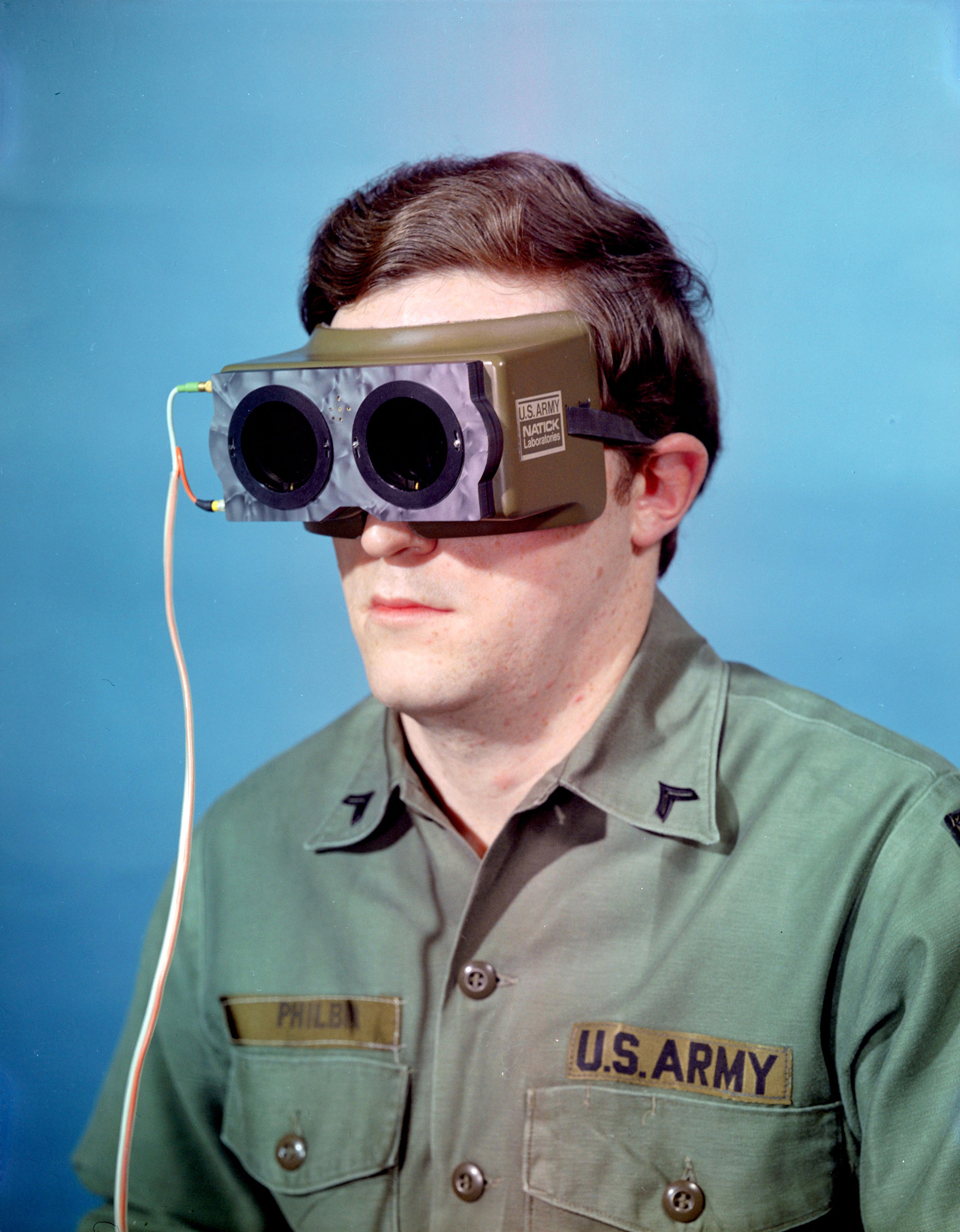
“The festival has always defined itself as a ‘revealer’; in this sense, it remains so in its DNA”
Based in the south of France, half of Arles’ programme is dedicated to artists of French origin or working in France – including Vasantha Yogananthan, Nicolas Floc’h and Nhu Xuan Hua – but this year the festival also has a second focus, namely four Japanese showcases. The group exhibition Reflection – 11/03/11 confronts how a magnitude nine earthquake, one of the strongest ever recorded, shook the north-eastern coast of Japan 13 years ago, triggering a tsunami that destroyed everything in its path up to 10km inland. Some photographers grappled with the catastrophe by documenting the devastation and the reconstruction efforts, chronicling both the tangible and intangible consequences.
A second exhibition puts the spotlight on the ama (Japanese ‘women of the sea’) whose ancient métier is free-diving for algae and abalone. Uraguchi Kusukazu devoted over three decades to documenting the ama in his region, shooting portraits, scenes on the beach and matsuri summer festivals. Shifting scale, Belongings spotlights Ishiuchi Miyako’s post- mortem of her mother’s possessions, cataloguing her shirts, dentures, lipsticks and shoes as a last gesture of intimacy with her now-deceased parent. Lastly, the group show I’m So Happy You Are Here fills in critical gender gaps in photography’s past, from the 1950s to the present day, and including 25 female photographers of different generations.
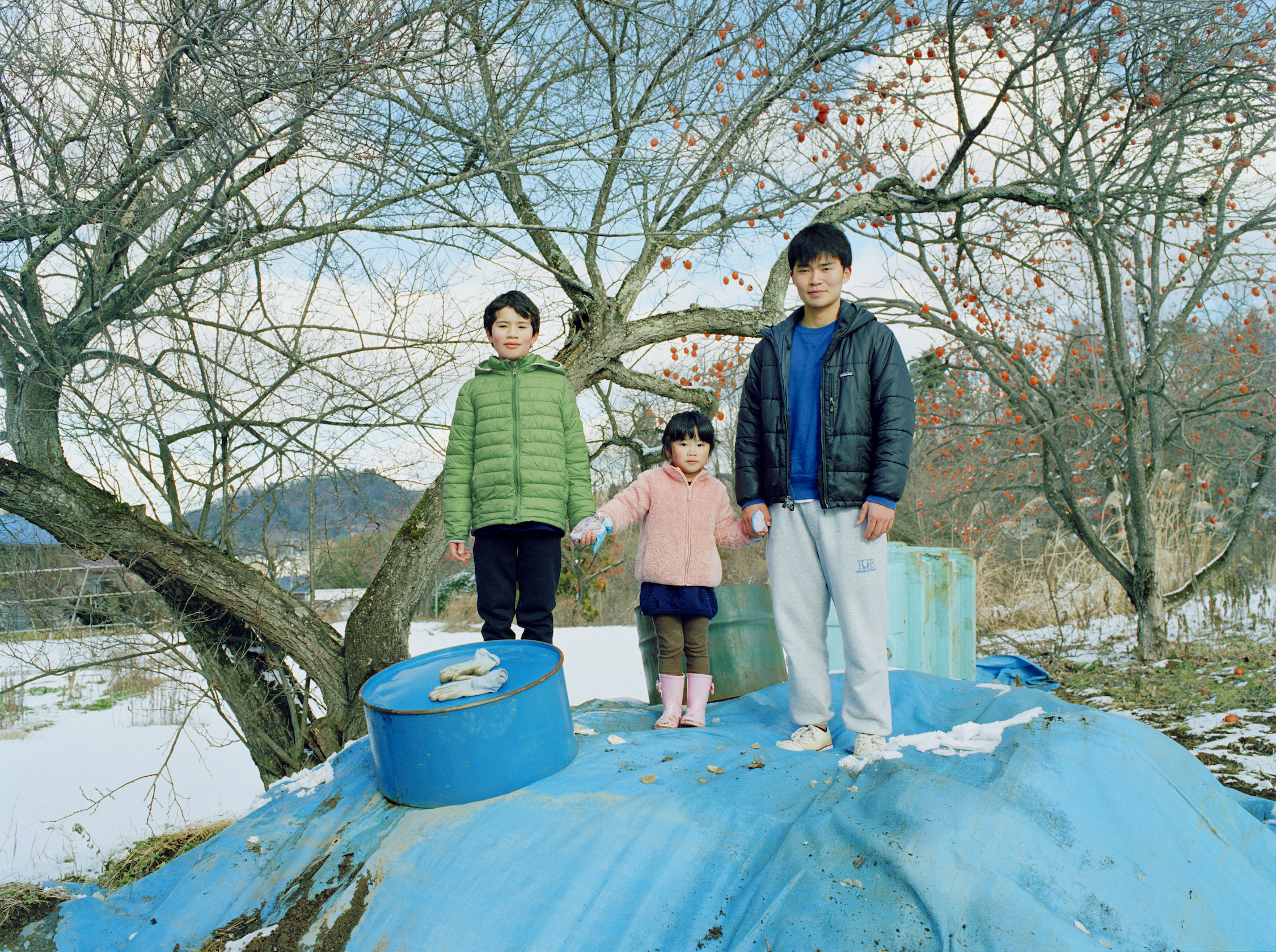
The festival also reaches into other regions of the world. Rajesh Vora’s fixation on vernacular architecture in the Punjab focuses on the homes of diasporic, non-resident Indians, who began building houses in villages in the late 1970s. El Grupo de Cali, active in the 1970s and 1980s in Colombia, unveils a countercultural worldview underpinned by gothic references to vampirism. Mi Yo’s solo show celebrates the self-taught Chinese photographer’s experimental approach, in which he often ignored the viewfinder in favour of randomly shifting the camera.
Beirutopia examines the sociopolitical realities within Lebanon, meanwhile, scrutinising the city’s transformation through seven works produced by Randa Mirza between 2000 and 2022. And Matthieu Nicol’s Fashion Army deep dive stems from a recently declassified photo archive from the US military, covering a period from the late 1960s to the early 1990s, and here featuring prototypes of uniforms and equipment for soldiers including trench coats and camouflage patterns.
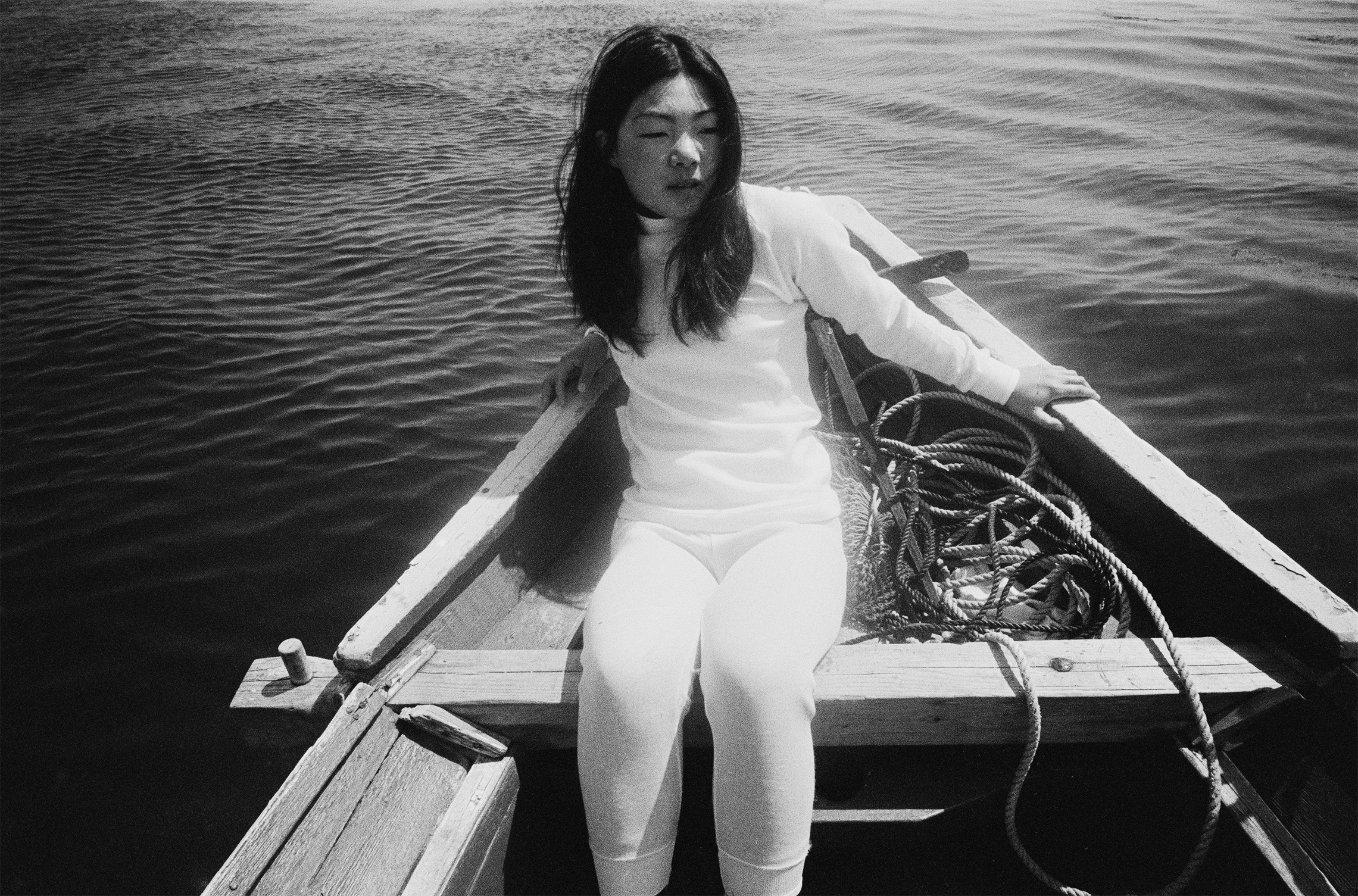
There are also eye-catching exhibitions from big names, including a Mary Ellen Mark retrospective recently seen at C/O Berlin, or Cristina de Middel’s work examining migration between the US and Mexico; Sophie Calle uses the damp underground space of the Cryptoportiques to show images attacked by mould in her storage unit. The Prix Découverte 2024 Fondation Louis Roederer, an arbiter of emerging up-and-comers, is this year curated by Audrey Illouz and features artists from France, Turkey, Israel and South Africa.
Beyond Arles, the wider programme throughout Provence includes Alassan Diawara and Zineb Sedira in a joint exhibition at the Carré d’Art in Nîmes with work looking at French families and young people, and Stephen Shames’ show on female Black Panthers at Centre de la Photographie de Mougins.
Les Rencontres de la Photographie d’Arles is at various venues across the city from 01 July to 29 September 2024

